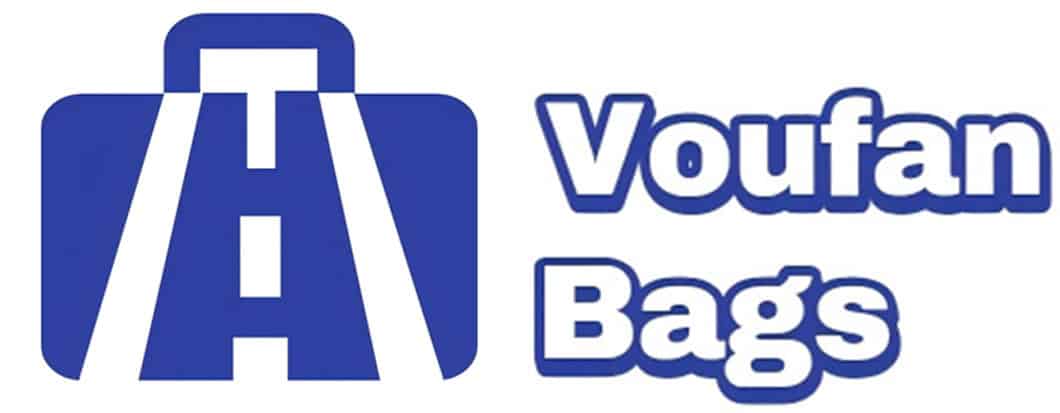In an era where sustainability is not just a trend but a global imperative, eco-friendly custom bags are emerging as the must-have accessory for 2025. These bags, crafted from sustainable materials such as organic cotton, jute, recycled plastics, and even innovative options like mushroom-based leather, offer a perfect blend of environmental responsibility, functionality, and style. Whether you’re a consumer looking to make a conscious choice or a business aiming to enhance your brand, eco-friendly custom bags are poised to dominate the accessory landscape. Here’s why they are essential for 2025.
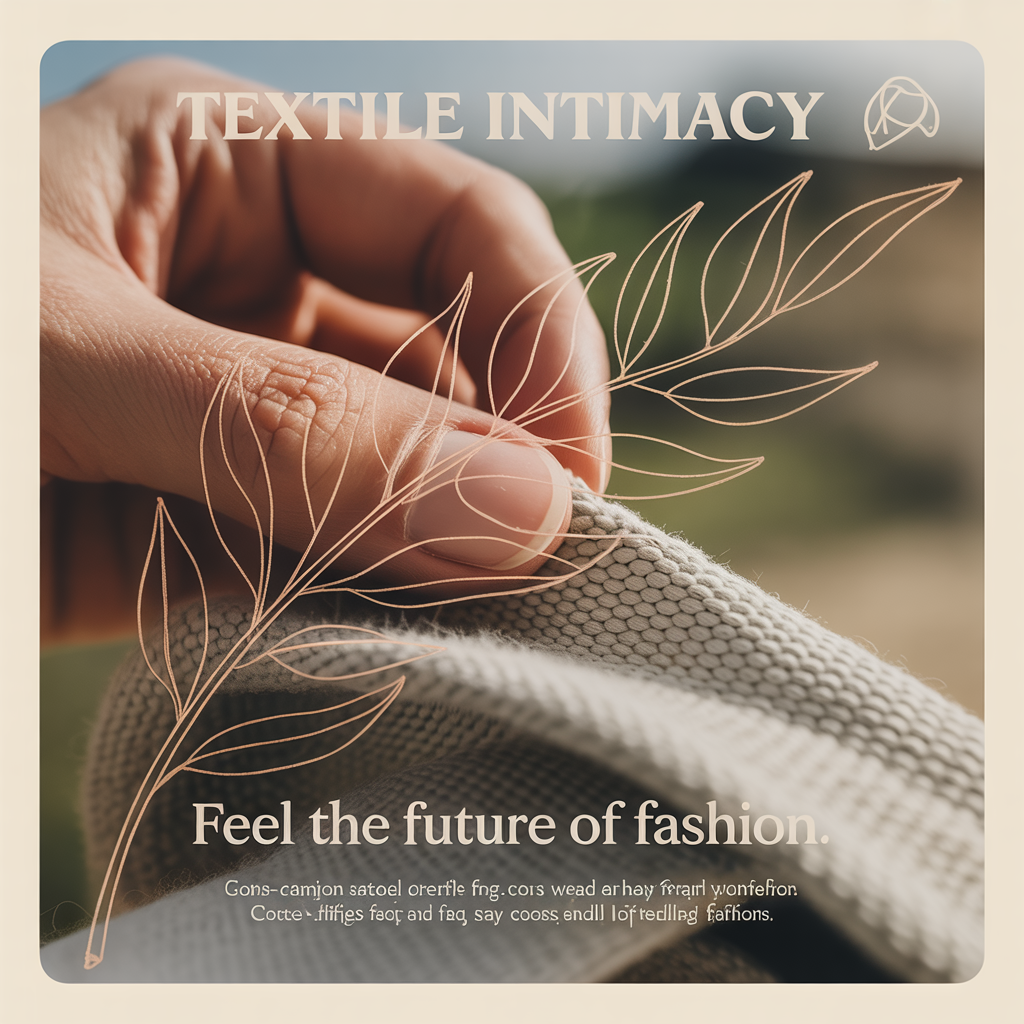
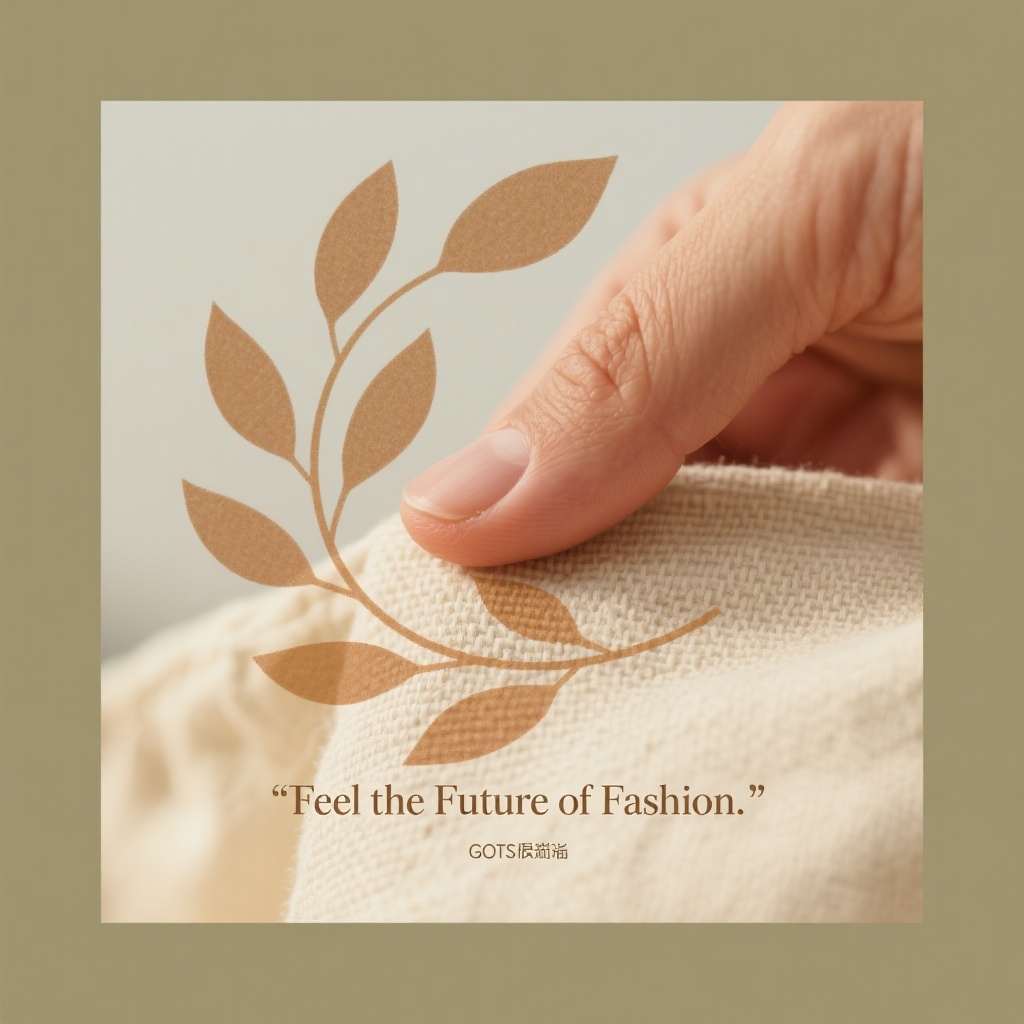
A Booming Market for Sustainable Bags
The eco-friendly bag market is experiencing significant growth, reflecting a broader shift toward sustainable consumer products. According to industry projections, the sustainable bags market is expected to grow from USD 3.4 billion in 2024 to USD 9.5 billion by 2033, with a compound annual growth rate (CAGR) of 12.1% (Reports and Insights). Another estimate values the market at USD 1.525 billion in 2023, projected to reach USD 2.664 billion by 2031 with a CAGR of 6.1% (Verified Market Research). This robust growth underscores the increasing demand for eco-friendly alternatives as consumers and businesses prioritize sustainability.
| Market Projection | Market forecast | Market forecast | 2024 Value (USD) | Projected Value (USD) | CAGR | Source |
| Sustainable Bags | 3.4 billion | 9.5 billion (2033) | 12.1% | Reports and Insights | ||
| Eco-Friendly Bags | 1.525 billion | 2.664 billion (2031) | 6.1% | Verified Market Research |
This growth is driven by heightened environmental awareness and the urgent need to address plastic pollution, with over 380 billion plastic bags used annually in the U.S. alone, most ending up in landfills or as litter (Verified Market Reports).
Rising Consumer Demand for Sustainability
Consumers are increasingly prioritizing eco-friendly products, with sustainability becoming a baseline requirement for purchasing decisions. A 2024 PwC survey found that consumers are willing to pay an average of 9.7% more for sustainably produced goods, even amidst economic pressures (PwC 2024 Voice of the Consumer). Additionally, 80% of global consumers are willing to pay a premium for eco-friendly products, and projections estimate that American consumers will spend $217 billion on such products in 2025 (Capital One Shopping). If trends continue, 91% of consumers are expected to shop eco-friendly in 2025, with 72% already considering a product’s environmental impact a crucial purchasing factor.
This shift is particularly pronounced among younger generations, who value brands that align with their environmental ethos. Eco-friendly custom bags, being reusable and stylish, cater to this demand, offering consumers a practical way to reduce their environmental footprint while expressing their personal style.
Legislative Push for Reusable Alternatives
Governments worldwide are implementing stringent regulations to curb plastic waste, further driving the adoption of eco-friendly bags. For instance, California’s Senate Bill 1053, signed in 2024, will ban all single-use plastic bags at grocery stores and retailers starting January 1, 2026 (NPR). This follows earlier bans, such as California’s SB 270, which restricted single-use plastic carryout bags (CalRecycle). Globally, the European Union has set a target to reduce single-use plastic consumption by 25% by 2025, with member states adopting similar measures (Verified Market Reports).
These legislative efforts are reducing plastic bag usage significantly. Studies indicate that bans in the U.S. have cut single-use plastic bag consumption by billions, with some cities seeing a 70-90% decrease, translating to about 300 fewer bags per person annually (World Economic Forum). As single-use plastics become less viable, eco-friendly custom bags are stepping in as the go-to alternative, meeting both regulatory and consumer needs.
Fashion Meets Functionality
Eco-friendly custom bags are not just practical; they are a fashion statement. Available in diverse styles such as totes, backpacks, and crossbody bags, these accessories can be customized with unique designs, logos, or patterns, making them a versatile addition to any wardrobe. Brands are leveraging sustainable materials like organic cotton, recycled nylon, and vegan leathers made from pineapple (Piñatex) or cork to create chic, durable bags that appeal to style-conscious consumers (The Good Trade).
The rise of ethical fashion is evident in brands like Terra Thread and Anchal Project, which prioritize fair trade practices and artisan craftsmanship (Terra Thread, Anchal Project). These bags are not only environmentally friendly but also timeless, designed to last for years, aligning with 2025’s trend toward sustainable, high-quality fashion. By choosing eco-friendly custom bags, consumers can make a conscious fashion choice that reflects their values without sacrificing style.
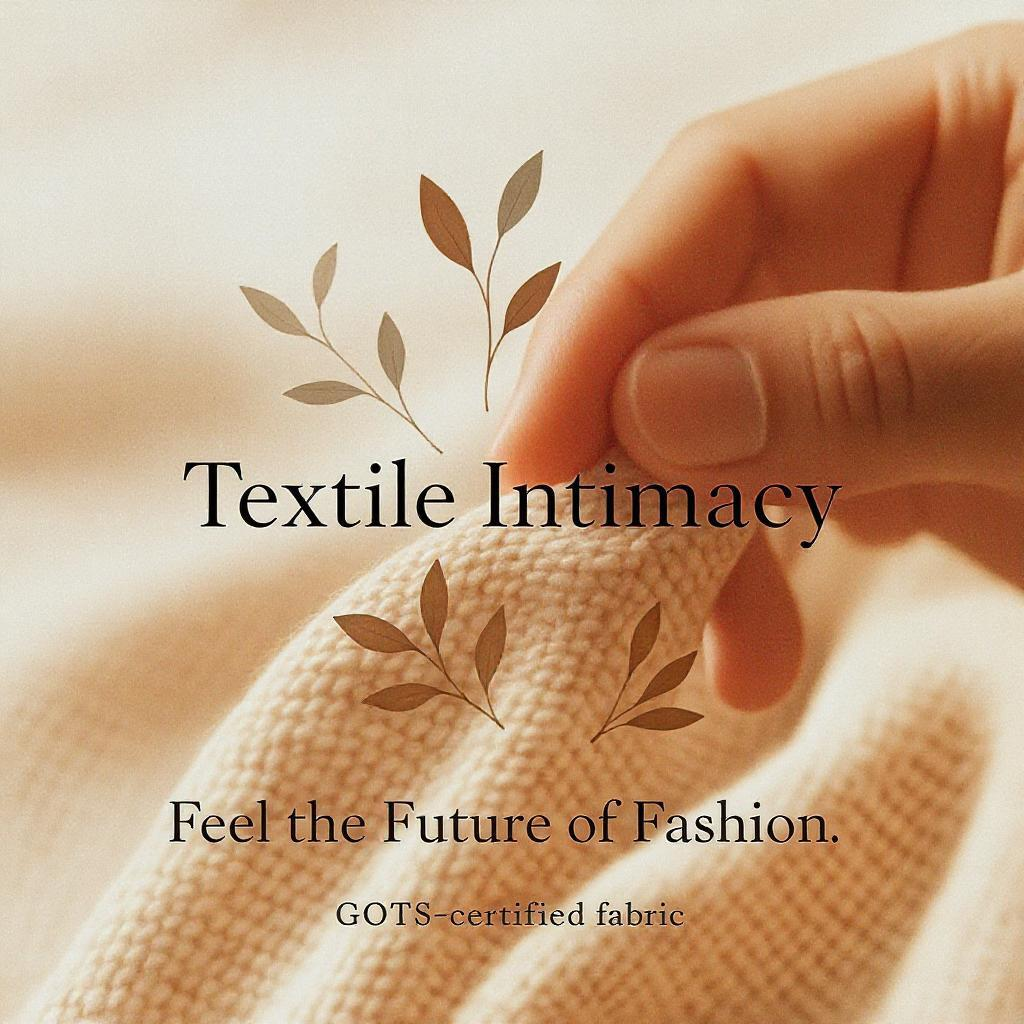
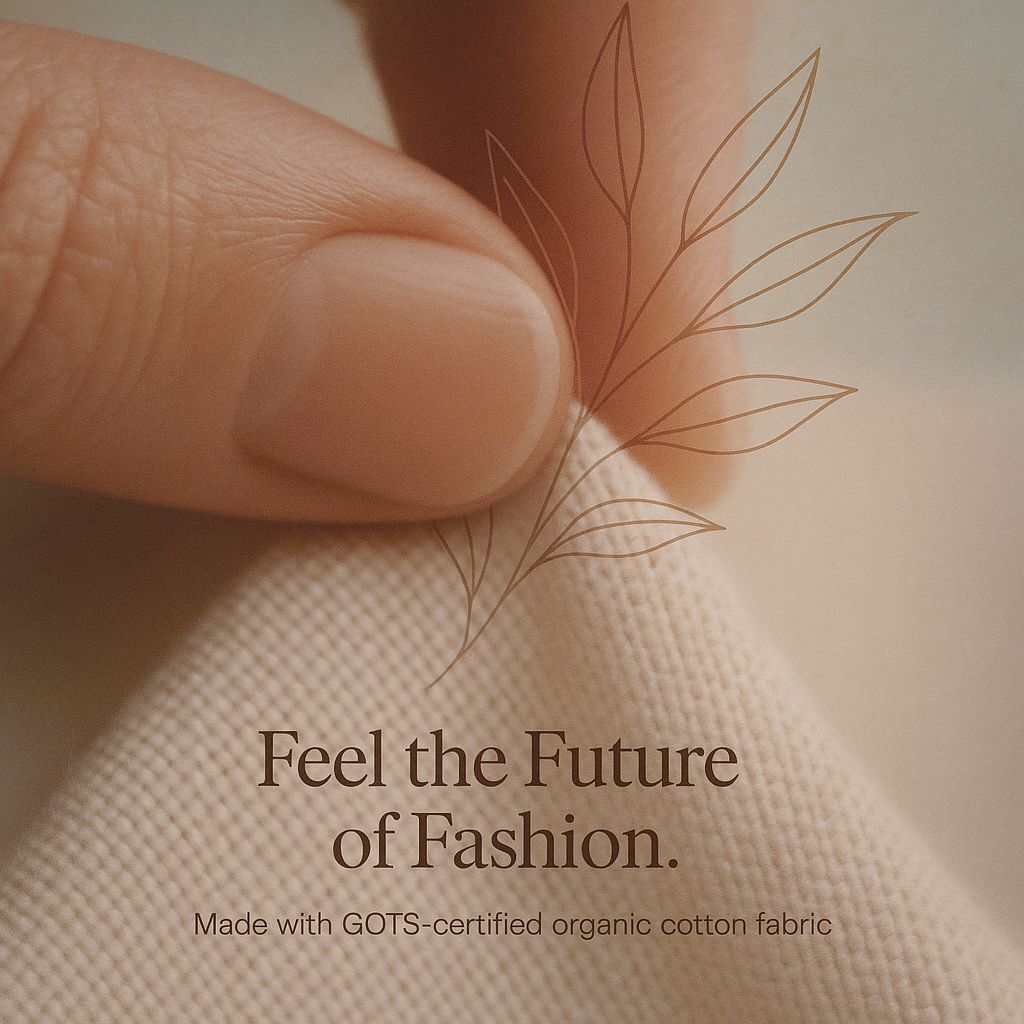
Corporate Branding with a Purpose
Businesses are increasingly turning to eco-friendly custom bags as a powerful branding tool. By distributing reusable bags imprinted with their logos, companies can enhance brand visibility while demonstrating a commitment to sustainability. This strategy resonates with eco-conscious consumers, fostering trust and loyalty. For example, BagzDepot notes that in 2025, eco-friendly custom bags are a business necessity, as customers demand brands that prioritize environmental responsibility (BagzDepot).
Companies like ChicoBag and Bags of Ethics are partnering with businesses to create sustainable branded merchandise that aligns profit with planet (ChicoBag, Bags of Ethics). These bags serve as walking advertisements, used repeatedly by consumers in daily activities like shopping or commuting, ensuring long-term brand exposure. This dual benefit of branding and environmental stewardship makes eco-friendly custom bags a smart investment for businesses in 2025.
Technological Advancements in Materials
Innovations in sustainable materials and manufacturing processes are making eco-friendly custom bags more appealing and accessible. Materials like polylactic acid (PLA), recycled fibers, and plant-based synthetics, such as mushroom-based leather, are reducing environmental impact while maintaining durability and aesthetics (Reports and Insights). Advanced techniques like ultrasonic welding and heat-sealing enhance bag durability while minimizing material waste, making production more efficient and cost-effective (Market Research Future).
These advancements are lowering the barriers to adopting eco-friendly bags, making them more affordable for both consumers and businesses. As technology continues to evolve, we can expect even more innovative materials and designs to emerge, further solidifying the position of eco-friendly custom bags as a staple accessory in 2025.
Conclusion
Eco-friendly custom bags are set to be the must-have accessory for 2025, driven by a confluence of market growth, consumer demand, legislative support, fashion trends, corporate branding opportunities, and technological advancements. They offer a practical, stylish, and sustainable solution to the global plastic pollution crisis, appealing to environmentally conscious consumers and businesses alike. As the world moves toward a greener future, carrying an eco-friendly custom bag is not just a fashion choice—it’s a statement of commitment to the planet. Whether you’re a consumer looking to make a difference or a business aiming to stand out, these bags are the perfect accessory for 2025.
